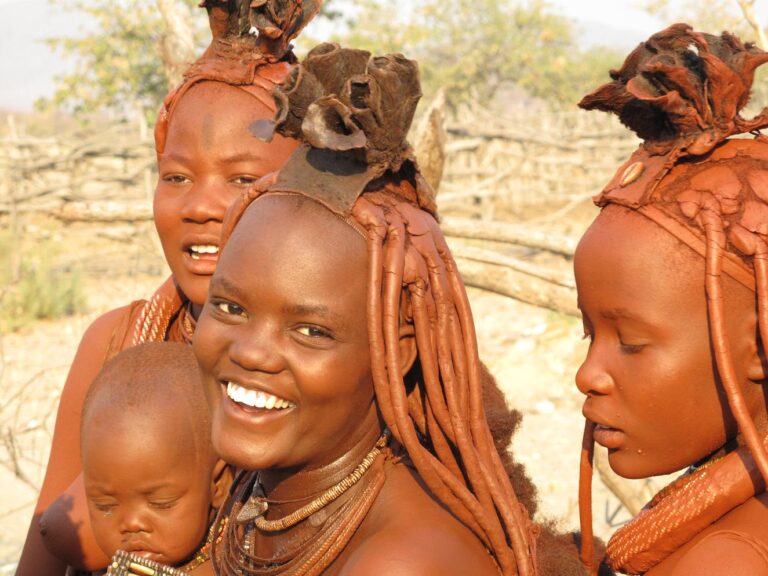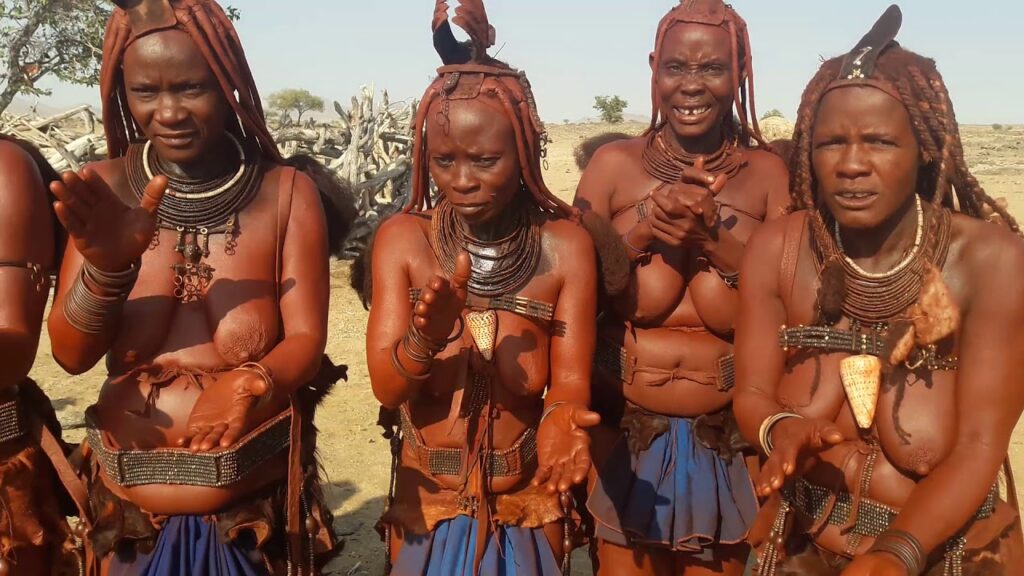At 23 years old, Hon. Patience Masua is Namibia’s youngest Member of Parliament. She was appointed as a Member of Parliament by President Hage Geingob in April 2021 following Defence Minister Peter Vilho’s resignation, making her Namibia’s and one of Africa’s youngest MP.
With a history of serving as the Secretary-General of Namibia National Students Organization (NANSO) and as the Speaker of the University of Namibia (UNAM) Student Representative Council (SRC), Hon. Masua holds a Bachelor of Laws( LLB) from the University of Namibia ( UNAM) and previously served as the Head Girl of Delta Secondary School in Windhoek.
Apart from her work in politics, Patience is very passionate about empowering young people through education and currently serves as the Namibian Country Director of the Southern Africa Youth Forum (SAYOF).
Early life
Masua was born in Gobabis, Omaheke, on 7 January 1999 after which her family moved to Windhoek. She attended pre and primary school at Kleine Professor College. However, she finished primary school at Suiderhof Primary School and proceeded to complete her high school at Delta Secondary School Windhoek where she served as Deputy Head Girl in the Learners Representative Council.
Student politics and activism
Patience entered mainstream student politics and activism in university, primarily through her newspaper opinion pieces and then serving in the student union as Faculty Representative for the University of Namibia Faculty of Law. Later she ran for the position of Speaker of Student Parliament of the UNAM SRC and won it in 2019. Thereafter she served as Secretary-General for the Namibia National Students Organisation (NANSO). In 2022, Masua inspired women leaders at Women Leaders Expo in Dubai. She shared her story as a politician and lawyer, fighting for equality and justice in Namibia.
Community Work
In 2021, Masua founded the Patience Masua Foundation Africa (PMF Africa). PMF Africa was established with the mission to empower young Namibians in the areas of education, entrepreneurial development, capacity-building and research.


